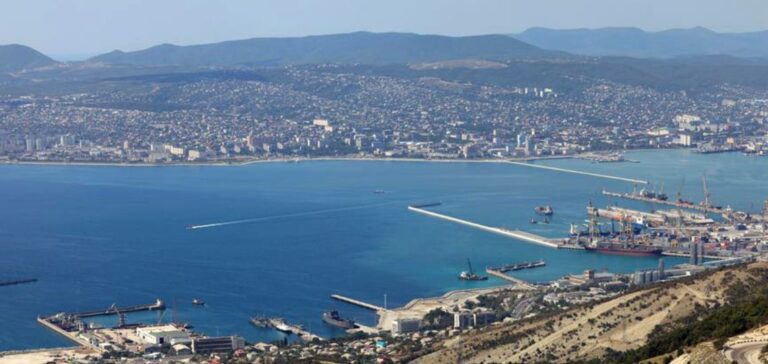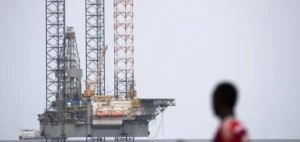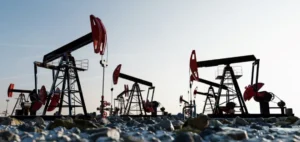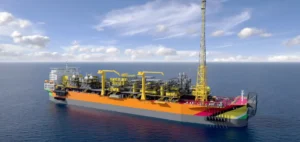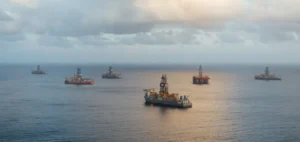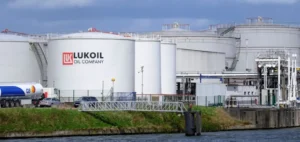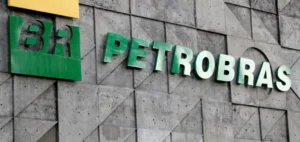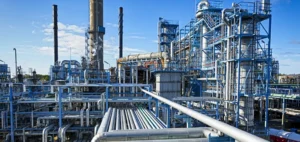Oil prices continued to rise on Friday, boosted by concerns about crude supply from Russia. The increase came after reports in the financial press of a larger than expected drop in production for March. At 10:40 GMT (11:40 a.m. in Paris), a barrel of North Sea Brent crude for April delivery was up 1.08 percent at $83.10. Its U.S. equivalent, a barrel of West Texas Intermediate (WTI) for delivery in the same month, gained 1.07% to 76.20 dollars. The two global crude benchmarks are still enjoying a boost that began Thursday following reports in the financial press that Russia would cut oil exports from its western ports by 25% a month in March compared to February. However, these claims have not been confirmed by the Russian Ministry of Energy.
Reduction of Russian oil production
According to CBA analysts, “the western ports of Primorsk, Ust-Luga and Novorossiisk export about 2.5 million barrels per day of crude.” A 25% reduction would imply “a reduction in exports of 625,000 barrels per day, or 0.6% of world oil supply”. This contraction would thus exceed that announced by the Russian Deputy Prime Minister in charge of Energy, Alexander Novak, earlier in February, of 500,000 barrels per day.
Analysts warn of a tight market
In addition to supply disruptions from Russia, there is also “growing demand from China and India,” say CBA analysts, who warn that the market could become even tighter.
Russia’s response to Western sanctions
These cuts are “Russia’s response to Western sanctions,” argue CBA analysts. The European Union (EU) has banned the import of crude oil by sea from Russia since December 5. This embargo was extended on February 5 to Russian refined oil products. Before the war in Ukraine began, more than half of the EU’s diesel imports came from Russia.


